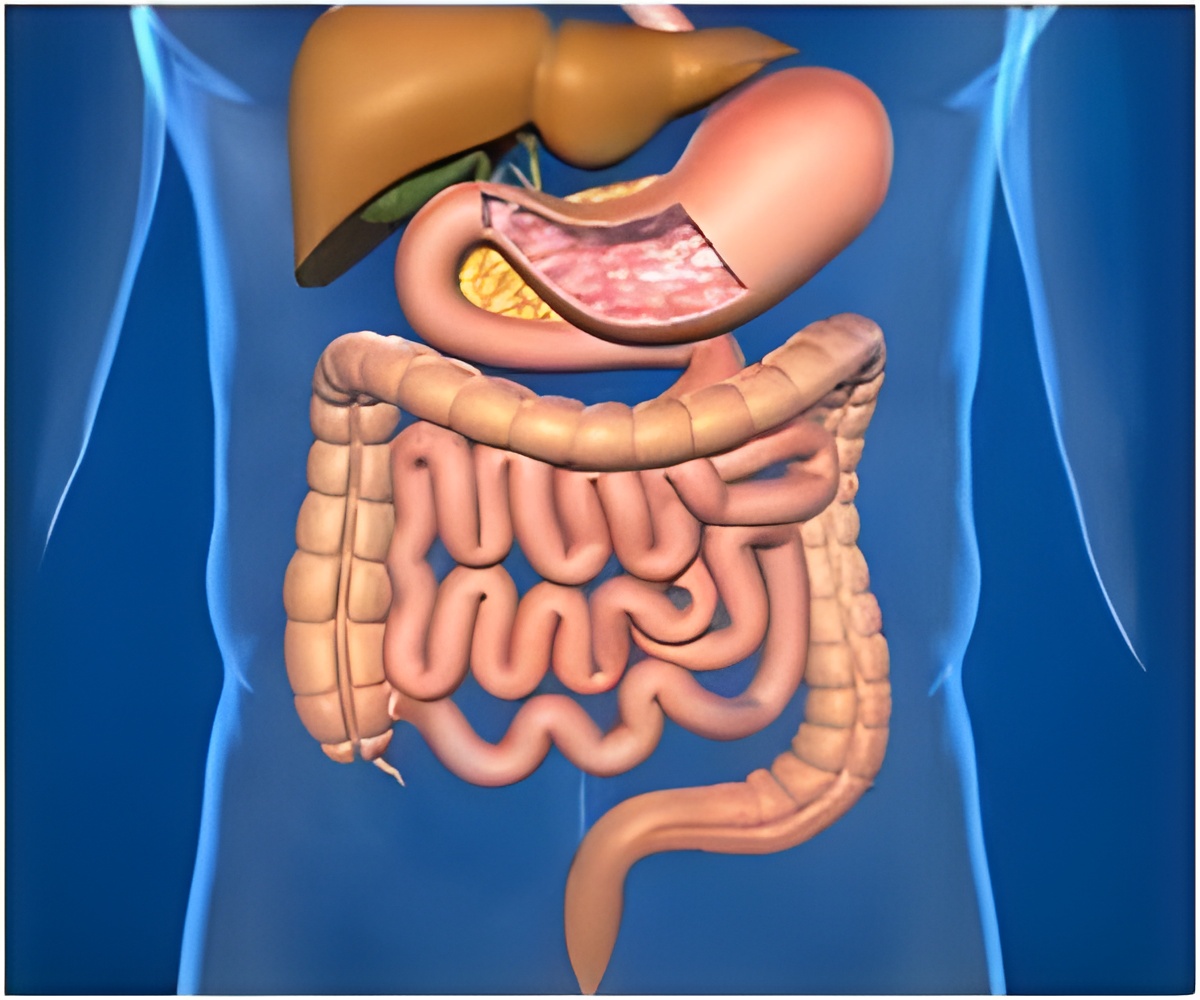
The study was published online on May 9, 2011, by the journal Archives of Internal Medicine. Kistler led the study while completing a geriatrics fellowship at the University of California, San Francisco and the San Francisco Veterans Affairs Medical Center. She has since joined the faculty at the UNC School of Medicine.
In the study, 212 patients ages 70 and older who were treated at four Veterans Affairs medical facilities were followed for 7 years after receiving a positive result in a fecal occult blood test (FOBT). The test, which determines whether or not occult (hidden) blood is present in the stool, is the most common method used in the VA health system as an initial screen for colon cancer. A follow-up colonoscopy within one year is recommended for patients with a positive FOBT.
The study found that a little more than half of the patients received a follow-up colonoscopy. Among those who did, more than 25 percent were found to have significant disease such as precancerous adenomas or cancer, were treated, and survived for more than five years. However, 59 percent of those who received follow-up colonoscopy did not have cancer, 16 percent died of other causes within 5 years, and 10 percent suffered complications from either colonoscopy or cancer treatment.
Among those who did not receive follow-up colonoscopy, nearly half died of other causes within five years of their positive FOBT. Four patients ultimately died of colon cancer -- three within the first 5 years of their positive FOBT.
Of the 212 patients in the study, the researchers defined 33 patients, a little more than 15 percent, as receiving a net benefit from their positive FOBT. Another 30 patients, about 14 percent, were defined as receiving indeterminate benefit. The remaining 149 patients, about 70 percent, were defined as receiving a net burden from colorectal cancer screening.
Advertisement
"This study shows that we need to do a better job of targeting colon cancer screening to those seniors who are healthy and functional and are likely to benefit. At the same time, this study also shows that we need to seriously examine why those seniors who are not likely to benefit are being subjected to colon cancer screening," Kistler said.
Advertisement















